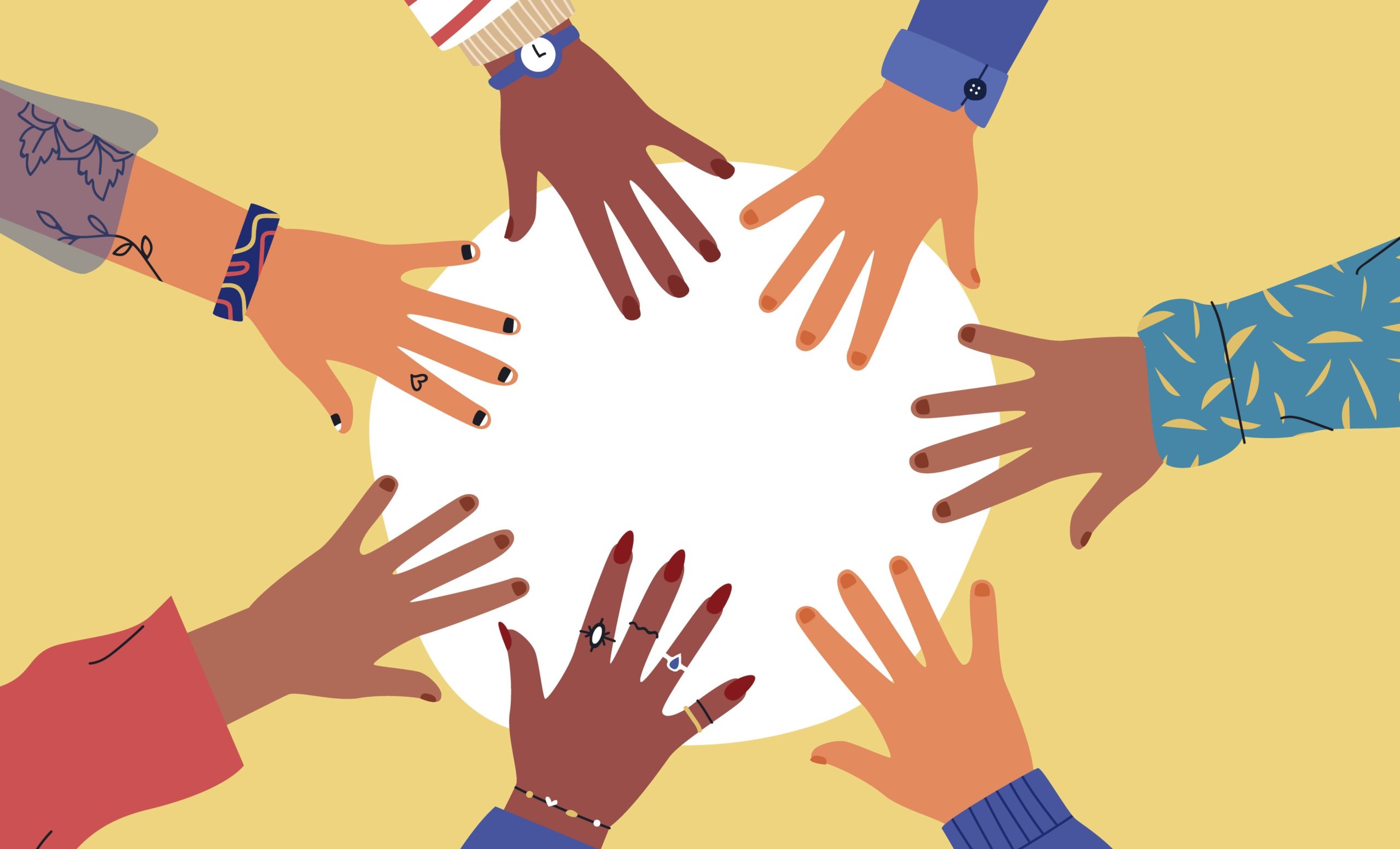
EmpowerED: Reproductive Health and Wellness Education
Reproductive health and wellness education is a cornerstone of overall well-being. In this article, we explore the significance of comprehensive education in empowering individuals to make informed decisions about their reproductive health.
Understanding Reproductive Health and Wellness
Reproductive health and wellness encompass a broad spectrum of topics, from sexual health and family planning to emotional well-being. Comprehensive education in this area goes beyond the basics, providing individuals with the knowledge and skills needed to navigate various aspects of reproductive health confidently.
Holistic Approach to Sexual Education
A holistic approach to sexual education is essential for addressing the diverse needs of individuals. It includes information about anatomy, contraception, sexually transmitted infections (STIs), consent, and healthy relationships. A well-rounded sexual education curriculum empowers individuals to make informed choices and fosters a respectful and consensual approach to relationships.
Family Planning and Contraception Education
Empowering individuals with knowledge about family planning and contraception is crucial. Understanding different contraceptive methods, their effectiveness, and their potential impact on reproductive health allows individuals to make choices aligned with their life goals. Comprehensive education in this area contributes to responsible family planning decisions.
Emotional and Mental Well-being in Reproductive Health
Reproductive health education should also address emotional and mental well-being. Topics like body image, self-esteem, and managing emotional aspects of sexual relationships play a vital role. A holistic approach recognizes the interconnectedness of physical and mental health in the realm of reproductive well-being.
Safe Practices and STI Prevention
Education about safe sexual practices and prevention of sexually transmitted infections is paramount. Providing information on STIs, their transmission, and methods of prevention promotes responsible behavior and reduces the risk of infections. Reproductive health education plays a key role in fostering a culture of sexual health and responsibility.
Navigating Fertility and Pregnancy Education
Comprehensive reproductive health education includes information on fertility, conception, and pregnancy. Individuals should be informed about the factors influencing fertility, the menstrual cycle, and pregnancy-related care. This knowledge empowers individuals to make informed decisions about family planning and understand the changes during pregnancy.
Inclusivity and Diversity in Reproductive Education
A robust reproductive health education program is inclusive and considers diverse experiences. It recognizes different cultural perspectives, gender identities, and sexual orientations. Inclusivity in education promotes a supportive and understanding environment where everyone feels represented and respected.
Relationship Education and Communication Skills
Education in reproductive health should emphasize relationship dynamics and communication skills. Understanding effective communication, consent, and healthy relationship dynamics contributes to positive sexual experiences and emotional well-being. These skills are vital for building strong, respectful connections.
Access to Reproductive Health Resources
Education is most effective when accompanied by access to resources. Individuals should be aware of available reproductive health services, including clinics, counseling, and support groups. Accessible resources ensure that individuals can seek assistance when needed, promoting ongoing reproductive health and wellness.
Resources for Reproductive Health and Wellness Education
For comprehensive resources and articles on reproductive health and wellness education, visit Studentals.net. Explore a wealth of information, expert advice, and community initiatives dedicated to promoting comprehensive reproductive health education. Knowledge is empowerment, and with the right resources, individuals can make informed choices for their reproductive well-being.
In conclusion, reproductive health and wellness education is a powerful tool for empowerment. By addressing various aspects of sexual health, family planning, emotional well-being, and inclusivity, education lays the foundation for informed decision-making. Embrace comprehensive reproductive health education for a healthier and empowered future.


